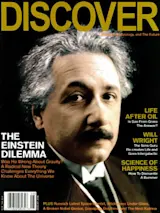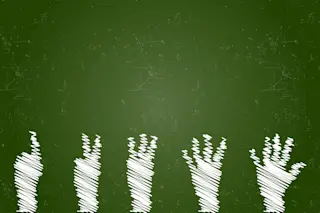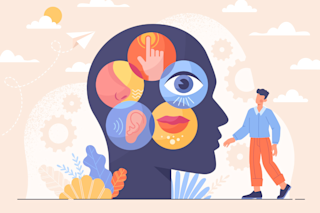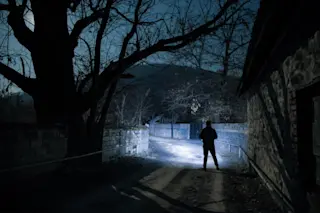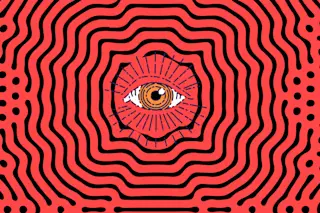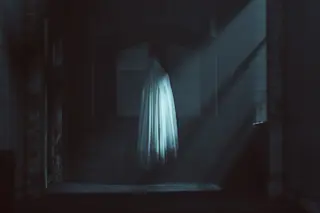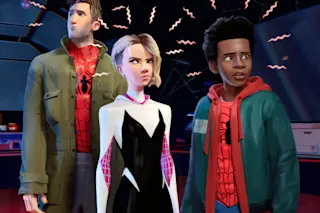Our eyes may be playing tricks on us: New research shows that sometimes people actually see what they want to see. Social psychologist David Dunning of Cornell University recently devised experiments to test whether wishful thinking can affect our seeing. "It's well established from evidence in everyday life and the laboratory that people think what they want to think," he says. "We're taking this a step beyond. We're asking if desires and fears can influence literally what people physically see."
Dunning and coauthor Emily Balcetis told volunteers that a computer game would assign them either a letter or number to determine whether they would drink freshly squeezed orange juice or a bad-tasting smoothie.
As Dunning and Balcetis wrote in the
Journal of Personality and Social Psychology,
the computer flashed an ambiguous image that could be seen as either the letter B or the number 13. Volunteers told that a letter would get them orange juice most often reported seeing a B. Those told that a number would get them the OJ most often saw 13.
The researchers also used a hidden camera to track volunteers' eye movements, particularly the first eye movement, called a saccade. "We don't control them," Dunning says, "and we don't even know that we are doing them, so that's a good, honest indication of what a person is seeing."
This process of altered perceptions occurs unconsciously, Dunning says. "What this research suggests is that the brain is doing a lot of work between the eye and the conscious awareness to influence our thinking, to influence our thoughts even before anything reaches awareness," he says. "Before we even see the world, our brain has interpreted that world in such a way that it lines up with what we want to see and avoids what we don't want to see."
Dunning theorizes that fears and desires may influence whether we see ourselves as thin or fat, whether we see a mark on the skin as just a mole or a sign of something worse. "If our own perceptions can be influenced by things we don't know about," he says, "it's sometimes good to check with other people to see if they're seeing the same thing or if they have a different take on the situation."


